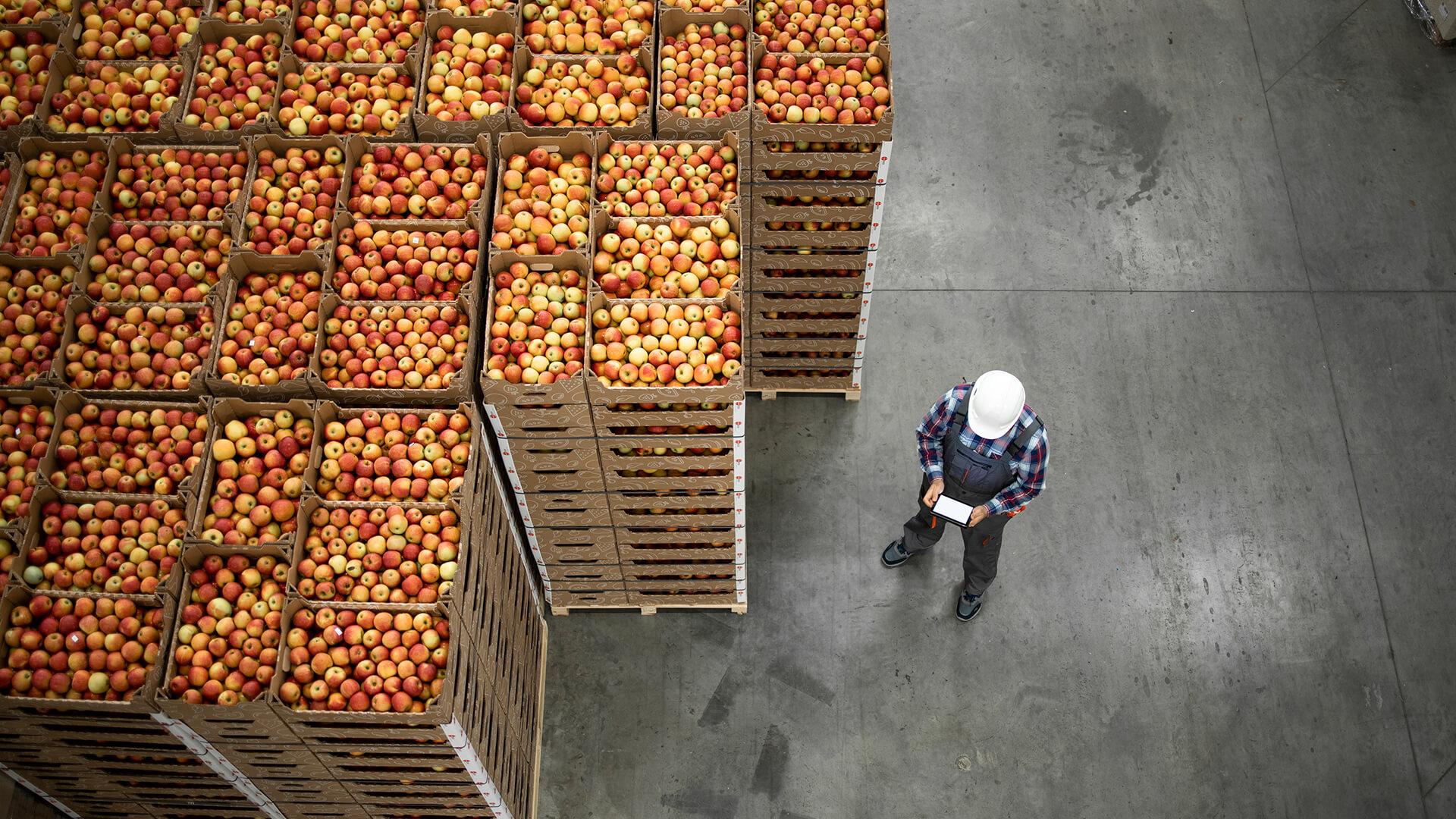
Despite Port Strike, Manufacturing Sales Picked Up in July
- In dollar terms, Canadian manufacturing sales grew by 1.6 per cent (m/m) in July. This was larger than last month’s Statistics Canada’s flash estimate for July, which called for a 0.7 per cent increase. After accounting for price effects, real manufacturing sales volumes grew by 0.9 per cent (m/m).
- Nominal sales grew in 11 of the 21 manufacturing subsectors. Sales of food manufacturing products (+$375 million) and petroleum and coal products (+$333 million) grew the most. Meanwhile, sales of paper products (-$122 million) and plastics and rubber products (-$114 million) saw the sharpest nominal decline.
- Manufacturing sales grew in 7 of 10 provinces. In relative terms, sales fell the most in Manitoba (-10.7 per cent) and grew the most in Saskatchewan (+22.1 per cent).
- New orders decreased by 0.1 per cent, while unfilled orders fell by 1.0 per cent.
Key Insights
- Real manufacturing sales popped up by 0.9 per cent in July despite labour action at Canada’s west coast ports and an ongoing economic slowdown. The month’s strong sales figures also came despite nature conspiring against industrial activity, with wildfires likely impacting production across many manufacturing subsectors. After oil and gas production were curtailed by wildfire activity in previous months, petroleum product sales improved in July. While wildfires prevailed through much of the summer, the more severe regional impacts are likely to be noticed in the August and September numbers. Higher interest rates and slowing global demand, too, may yet curb sales as the latter half of 2023 unfolds.
- Transportation equipment production has played an important role in manufacturing’s resilience this year. Real sales in this manufacturing subsector grew by 1.6 per cent in July. Component shortages left vehicle manufacturers in the lurch throughout the last three years, though the resolution of many supply chain issues has since helped to boost production. Resilient consumer demand for vehicles and air travel has also supported sales. However, potential labour action in both the Canadian and U.S. auto manufacturing sectors may curb near-term production. With their collective agreements set to expire on September 18, nearly 20,000 workers at several Canadian auto plants have provided Unifor with a strike mandate.
For more details about Canadian manufacturing and industrial trends, please explore our Industry Lens reports here.






Comments